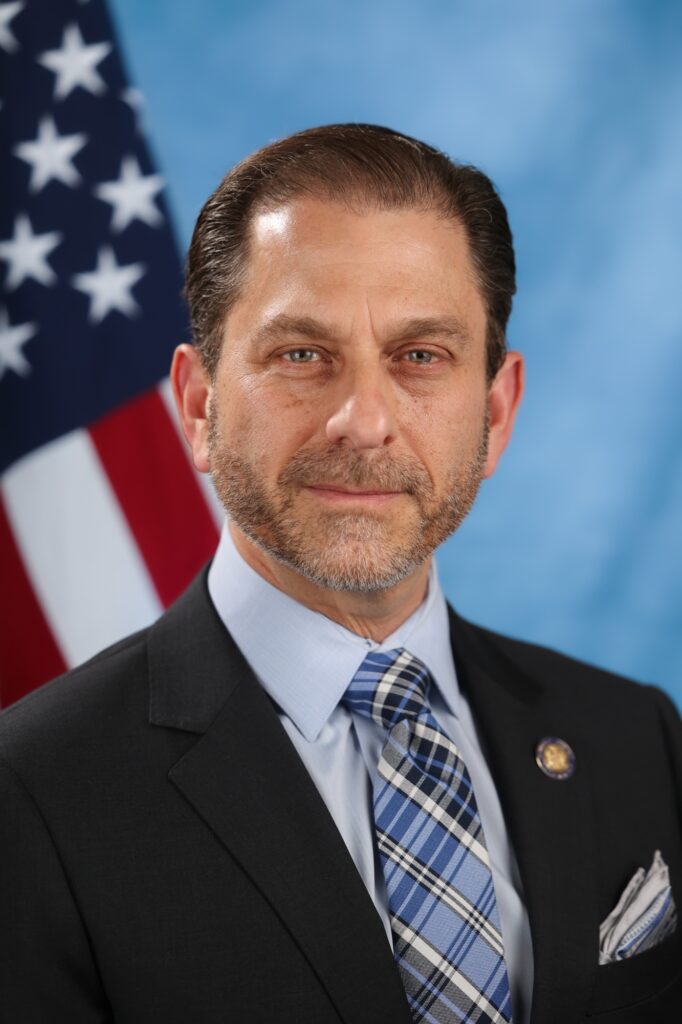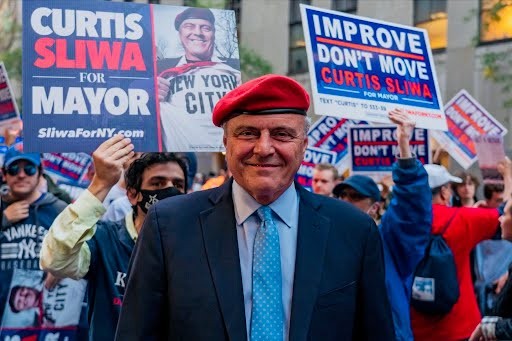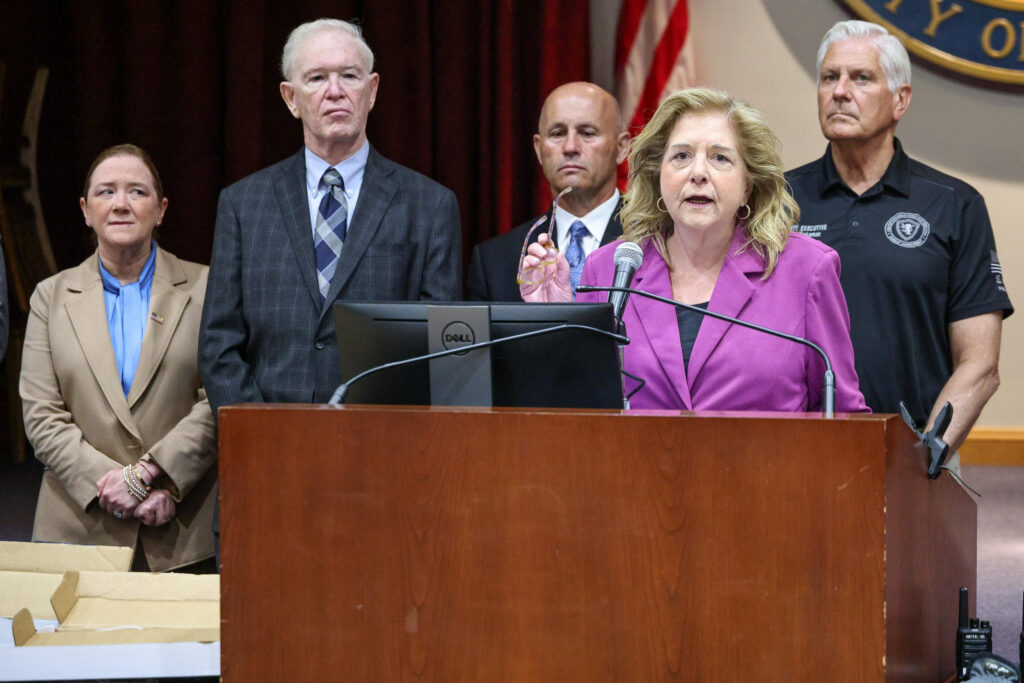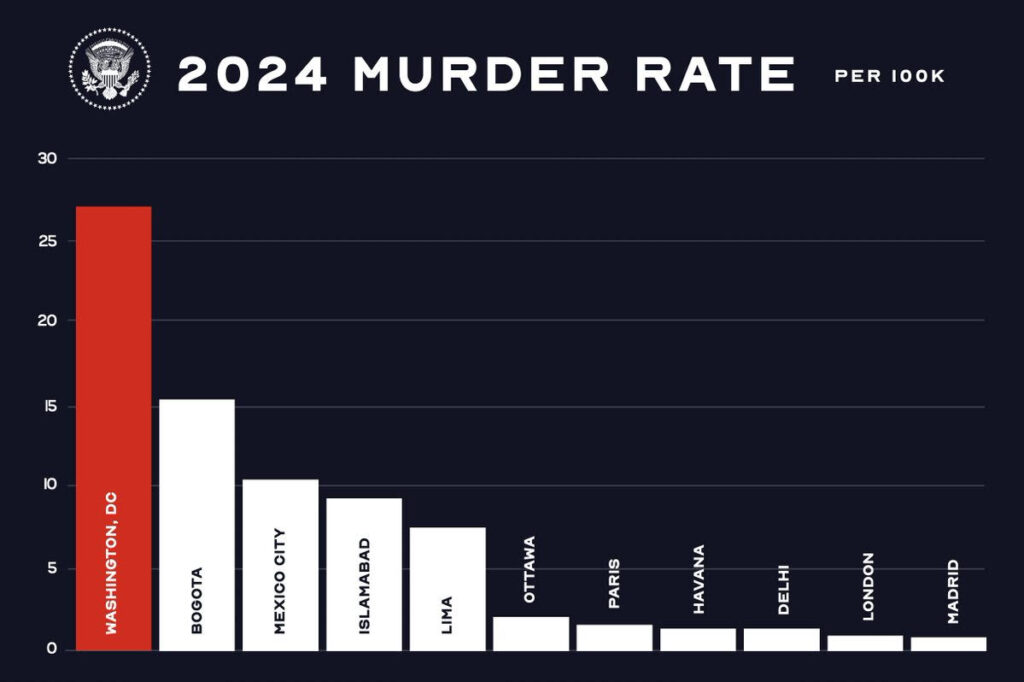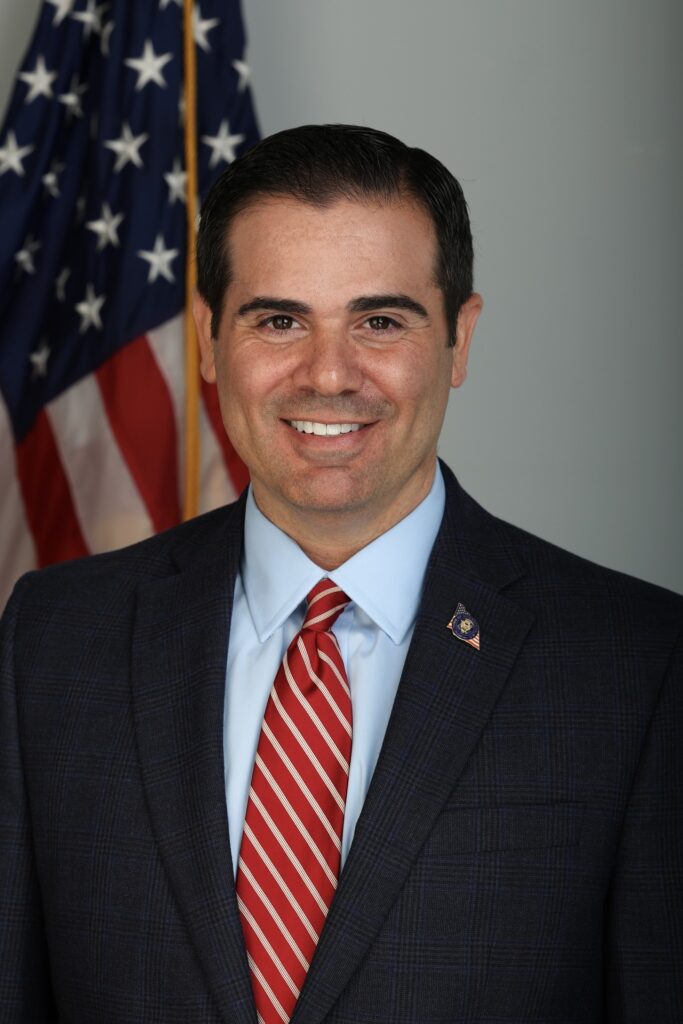Trump: A Peace Strategist in a World of Reactionaries
By Assemblyman Ari Brown
History will not remember this moment as the beginning of a war—it will remember it as the point when a president redefined how peace is pursued on the global stage.
After Iran rejected multiple diplomatic overtures and Israel launched a bold strike on the regime’s nuclear infrastructure, the United States responded with a precise and overwhelming attack on three key sites: Fordow, Natanz, and Esfahan. President Trump didn’t act out of impulse; he acted with resolve, timing, and strategic clarity.
Then came the message: “Now Is The Time For Peace.” These are not the words of a president looking to ignite conflict. They are the words of a leader who understands that peace must be earned—and sometimes, enforced. President Trump isn’t interested in managing one war at a time; he is confronting global threats with a singular mission: stop chaos before it spreads, end conflicts before they metastasize, and force rogue regimes to choose between diplomacy and destruction.
President Trump’s bold strategy stands in direct contrast to the so-called “peace legacy” of President Barack Obama, who was awarded a Nobel Peace Prize after doing absolutely nothing to earn it. Not only did he fail to stop Iran’s rise, but he empowered it, sending pallets of cash to a regime that chants “Death to America.” He was not a peacemaker—he was a weakling. And his foreign policy was rooted in appeasement and antagonism toward our closest ally in the region, Israel. Obama didn’t negotiate peace; he abandoned strength. That’s not diplomacy—that’s surrender.
Obama’s legacy didn’t end at the water’s edge. His real legacy is visible in the streets of American cities today—in the form of purple-haired activists chanting “From the river to the sea,” flying terrorist flags, and spewing sick, antisemitic ideologies on college campuses. They are not just misguided, they are the ideological children of Obama’s worldview—raised on grievance, driven by entitlement, and blind to the horrors of the regimes they defend. These aren’t protesters, they’re proof that appeasement abroad breeds moral rot at home.
President Trump represents the antidote to that rot, not just through strong foreign policy, but through unapologetic American leadership. This approach isn’t theoretical; it’s proven. Trump’s foreign policy has always balanced strength with restraint. He ended the era of endless wars while brokering the historic Abraham Accords—a feat no previous administration could achieve. He’s confronted adversaries like North Korea and Iran without pulling the United States into prolonged conflict. Unlike presidents who’ve kicked the can down the road, Trump grabs it and throws it off the playing field.
Iran was given a choice: come to the table or face consequences. They chose defiance. Trump chose action, not to escalate, but to bring the confrontation to a head, swiftly and decisively.
Critics often mistake clarity for recklessness, but Trump’s strategy is anything but careless. He convened top national security officials, including Vice President JD Vance, Defense Secretary Pete Hegseth, and Secretary of State Marco Rubio. This wasn’t a rushed decision; it was the culmination of intelligence, diplomacy, and calculated deterrence.
Inside that Situation Room were voices from different ideological wings—some favoring intervention, others urging caution. Trump took them all into account, but ultimately, he made the call himself—the hallmark of real leadership.
The result: Iran’s nuclear program has suffered a historic setback. The regime is shaken, and the world has been reminded that American strength, when used wisely, can be the most powerful peacekeeping force on earth.
This is the difference between conventional politicians and a true peace strategist. Others may talk of peace while bowing to bad actors. Trump forces the issue, he takes the initiative, and he does it not to provoke war, but to avoid the far greater cost of inaction.
President Trump is often misunderstood by media pundits and political elites, but the truth is simple: Trump believes in peace—not through platitudes, but through power. He doesn’t seek conflict, but he refuses to reward aggression. That is a doctrine the world desperately needs.
We are living through one of the most complex and dangerous global landscapes in decades. We have a president who sees the board, knows the stakes, and isn’t afraid to act, peace is no longer a fantasy; it’s a strategy, and Donald Trump is the one executing it.
Assemblyman Ari Brown represents the 20th Assembly District, which includes the towns and villages of Cedarhurst, East Rockaway, Hewlett, Woodmere, Inwood, Island Park, Lawrence and Oceanside, along with the barrier island from Atlantic Beach to Point Lookout.





